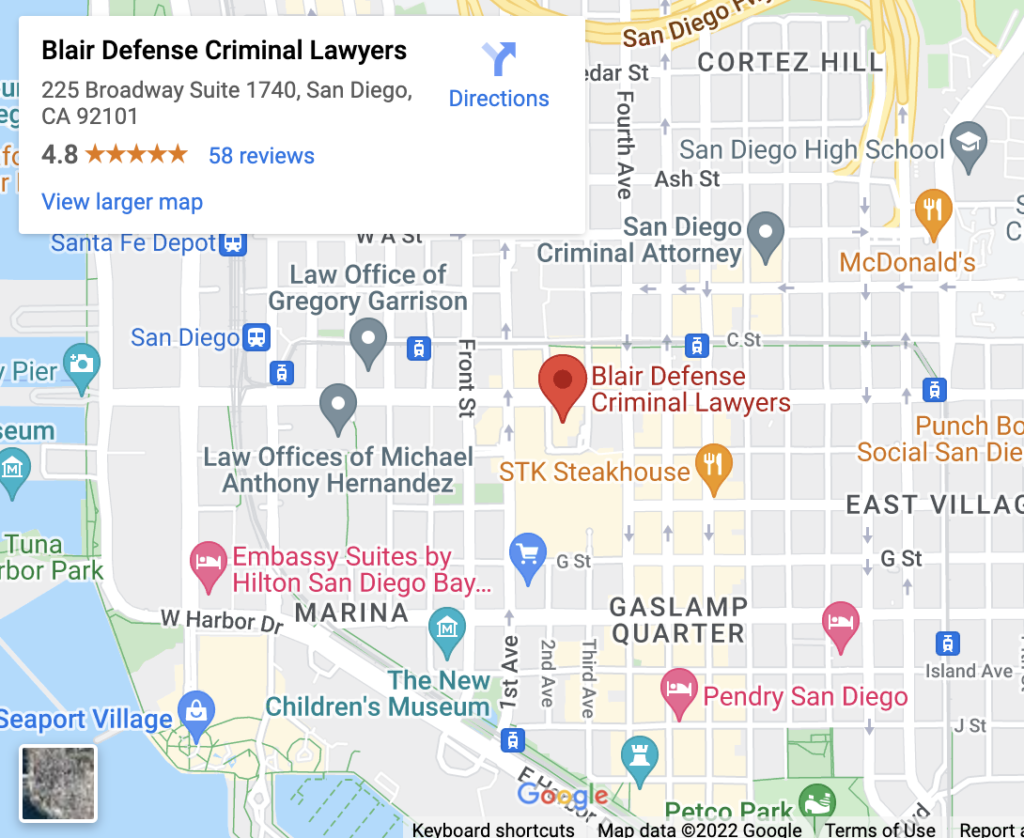
The most severe criminal sentence in the United States is the death penalty. However, the use of the death penalty has declined in the United States. Many states have abolished the death penalty.
Conversely, the use of life imprisonment has actually increased. The Sentencing Project analyzed data from the Federal Bureau of Prisons and each state to produce a national life imprisonment census. According to the data, the number of people serving life in prison exceeds the number of people serving any sentence in 1970.
Other findings from the report include:
- One in seven prisoners are serving life sentences (203,865 people), including federal prisons and state prisons
- The number of people serving life without parole is higher than it has ever been
- One in every 15 women serving time are serving a life sentence in the United States
- About 30% of prisoners serving life are 55 years old or older
- Over two-thirds of people serving life sentences to life without parole are people of color
- Women serving life without parole increased 43% from 2008 to 2020
- One in five Black men in prison has a sentence of life
The Sentencing Project makes several recommendations to resolve the problem of imprisonment of an aging prison population and the racial and ethnic disparities of the criminal justice system in life sentences.
It suggests that the United States abolish life without the possibility of parole. It also suggests limiting life sentences to 20 years, except in specific cases. For example, when an individual continues to engage in behavior that would place the public at risk after 20 years in prison.
The Sentence Project also suggests changes to the parole system to expand and accelerate options for release for prisoners.
Some states are addressing life sentences through second-look legislation. For example, California passed a law in 2018 to allow prosecutors to seek modifications for sentences believed to be excessive (Assembly Bill 2942 – recall of sentencing). In addition, Sen. Cory Booker of New Jersey proposed The Second Look Act in 2019 for federal prisoners.
Table of Contents
Life Sentences Throughout the United States
The term for life sentences varies by state and by crime. Furthermore, judges could order multiple life sentences, which decreases the chance of an early release.
Some criminal offenses carry 20 years to life. That does not mean the person will stay in prison for the rest of their life. However, they could remain in prison for decades beyond the first 20 years because the sentence is for an indeterminate number of years.
Life without the possibility of parole means that the person will die in prison. There is no chance that the person can be released. California uses life without parole as a sentence for the most serious criminal charges.
Life Without Parole in California
Life without the chance of parole is typically reserved for especially serious violent crimes. There is very little chance the person will get out of prison. The person will die of natural causes in prison instead of being executed under the death penalty.
A statute may impose a sentence of life without parole. For example, California Penal Code 190PC states the penalties for first-degree murder could be:
- Death penalty
- Life in prison without the possibility of parole
- Imprisonment for 25 years to life
In addition to statutes, sentencing enhancements can result in life in prison without parole. For example, Penal Code §667.61PC provides a sentence enhancement of life in prison without parole for some aggravating factors related to rape and other sex crimes.
Examples of crimes in California that could result in a sentence of life without the possibility of parole include:
- First-degree murder under Penal Code 187
- Treason under Penal Code 37
- Armed robbery under specific circumstances
- Rape under Penal Code 261 if the person has a previous rape conviction
- Felony murder under Senate Bill 1437
- Lewd or lascivious acts under Penal Code 288
You should contact a San Diego criminal defense lawyer if you are arrested for any crime. When facing a lifetime sentence, it is crucial to have a skilled criminal defense attorney involved in the case as soon as possible.
Can You Get Out of Prison if You Have a Life Sentence Without Possibility of Parole in California?
A prisoner can petition the government for a commutation. A commutation does not reverse the conviction. However, it reduces or eliminates the person’s sentence.
Commutation is rarely granted when the person committed a violent crime and received life in prison without parole. However, the government may grant clemency if the person was very young when they committed the crime. Commutation could also apply in other situations, including a change in the laws that resulted in less harsh sentences for the same crime.
Prisoners sentenced to life in prison may file an appeal. The appeal does not result in a new trial. However, if the appellate court finds legal errors that prejudiced the defendant, they could overturn the conviction.
After exhausting all other options, a prisoner can file a writ of habeas corpus petition. The writ of habeas corpus challenges the conductions under which the person is serving their sentence or their imprisonment.
How Does Parole Work for a Life Sentence?
Prisoners serving a life sentence with the possibility of parole have the chance of getting out of jail. However, they must serve the minimum sentence before they are eligible for parole.
A parole hearing is scheduled before the Board of Parole Hearings to determine whether the person should be released back into society. Some factors the Board considers when deciding parole cases include:
- The person’s behavior in prison
- Psychological evaluations
- The person’s plans if they are paroled, such as where they will live and how they will support themselves
- Educational and vocational accomplishments during their prison term
- Counseling reports
- Involvement in self-help programs
If the prisoner is denied parole, the Board must deny parole for a specific number of years. The prisoner can petition the Board to advance their hearing once every three years during the denial period.
Prisoners are entitled to legal counsel for parole hearings. The lawyer may be a private criminal defense attorney hired by the prisoner, or the Board may appoint an attorney for the prisoner.
Contact Us for a Free Consultation With a San Diego Criminal Defense Lawyer
Regardless of the type of penalty you face for a criminal offense, working with an experienced criminal defense lawyer in San Diego gives you the best chance of winning your criminal case. Call our law firm to schedule your free consultation at (619) 357-4977 to discuss your case with an attorney.

